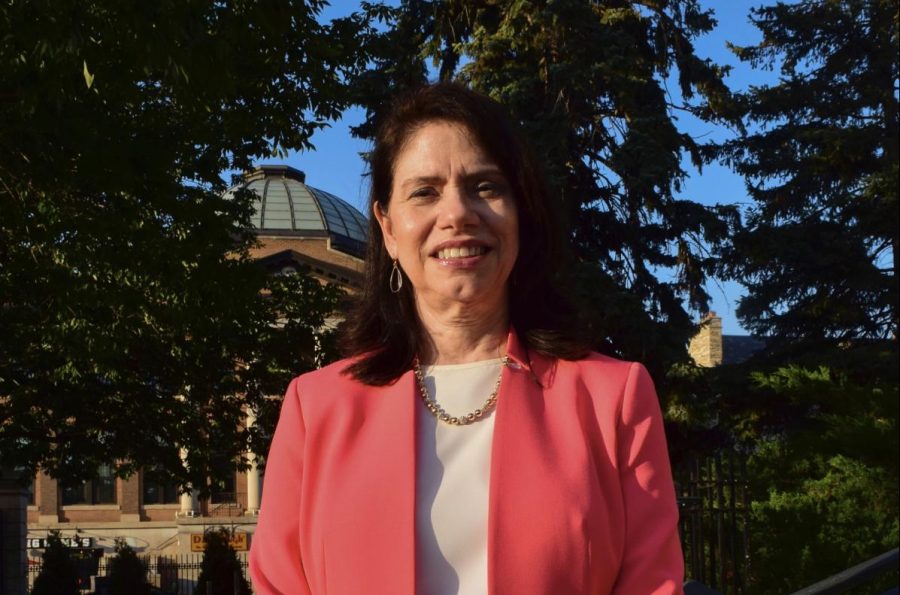The Environmental Protection Agency did not renew several scientists’ positions, including a University of Minnesota professor, worrying some academics.
The EPA sent an email June 19 telling 38 Board of Scientific Counselors members — responsible for reviewing the quality of EPA’s science research — that they would not get a second term. Current members were encouraged to reapply.
This email was the second notice of its kind. Nine others received the same news in May.
“There’s a political agenda here. They didn’t do it to strengthen the board,” said Lawrence Baker, BOSC member and University professor in the Department of Bioproducts.
Baker’s term expires in September, and he said the EPA told him it would no longer automatically renew him, but he reapplied.
The EPA’s new administration, led by former Oklahoma Attorney General Scott Pruitt, made the move in hopes of placing more industry scientists on the committee.
Baker said the board has no influence on policy or research direction for the EPA.
Deborah Swackhamer, a retired University professor, is the chair of the BOSC. She said the non-renewals leave the board with only 11 members, effectively halting its functions until 2018.
“If you’re doing a good job and your expertise is still needed, typically you would be renewed for a second term,” she said. Swackhamer must also reapply once her term expires in March of 2018.
In May, Swackhamer wrote a testimony to congress concerning the EPA and the non-renewals.
The agency pressured her to say it had not yet made a decision about renewing the BOSC members, according to news reports.
“When I testified to congress three weeks ago … it also turned out that there was some pressure put on me to change my testimony,” Swackhamer said. “I had inappropriate contact, I’ll just say that, from the U.S. EPA when I was speaking on behalf of just myself as a private scientist.”
The EPA Office of Research and Development recommended renewing all board members.
The EPA’s new leadership did not accept the recommendation to keep the previous administration’s appointments, Swackhamer said.
“The concerning aspect of that statement is that we’re not political appointees … [and] that Scott Pruitt’s office is going to name people that have a political motivation and are not just scientists,” she said.
Steve Kelley, University researcher in the Humphrey School of Public Affairs, said the BOSC contributes unbiased scientific knowledge to the EPA.
The EPA’s handling of the board politicized what had been a nonpolitical committee, he said.
Swackhamer said the BOSC already included industry representation and other nonacademic members.
“There’s nothing wrong with having industry scientists on an EPA research panel … The question … is are these going to be scientists of similar caliber to the academic scientists that you’ve had in the past,” Baker said.
Both Swackhamer and Baker said the committee works better with first-term members receiving renewals.
“It probably takes the first six months just to understand what’s happening at [the] EPA,” Swackhamer said.
The period for board nominations ended in June, and the EPA is now reviewing applicants.
The EPA did not respond to multiple requests for comment for this story.







